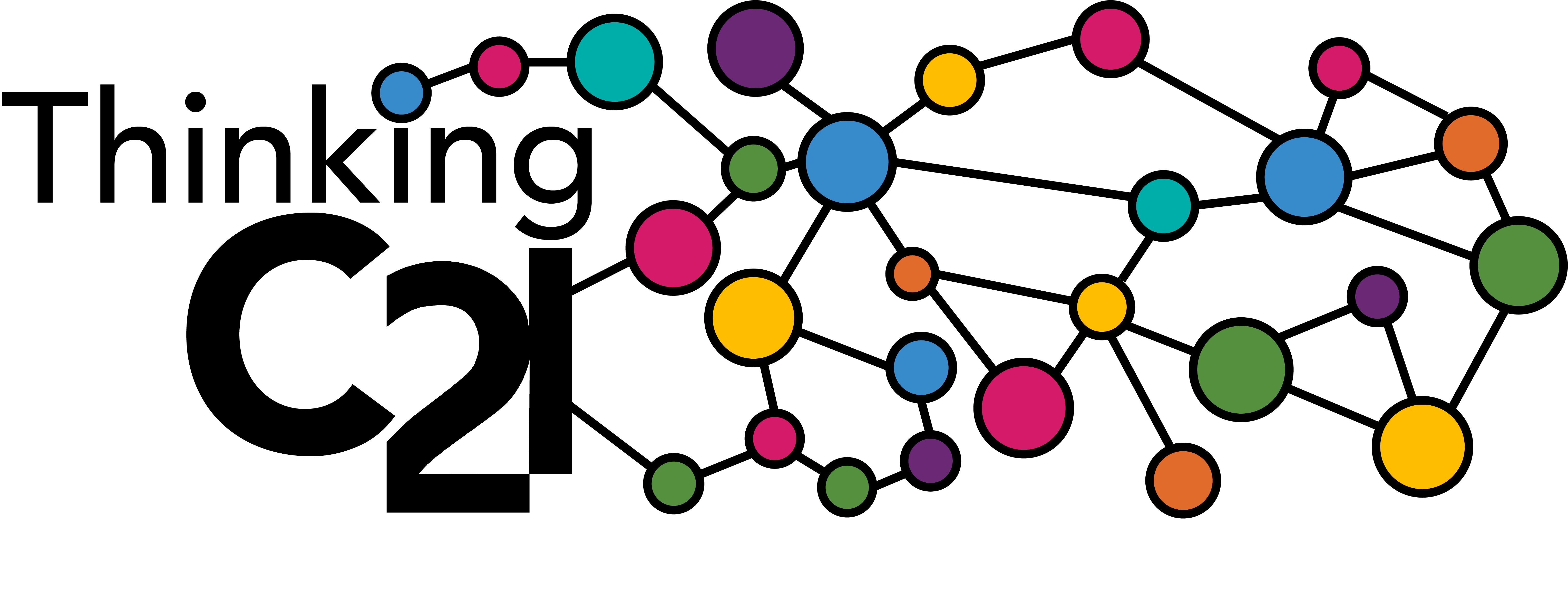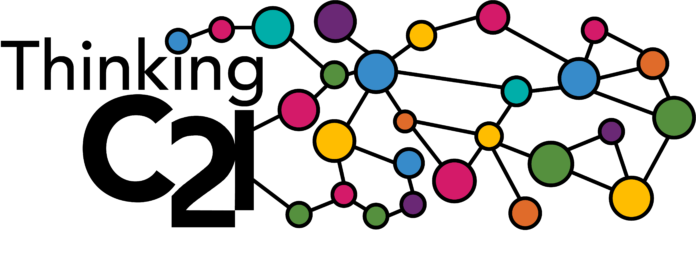Weaponizing Loneliness
Loneliness can be an ephemeral state, but it can also be a deliberate one in various institutional settings. For people who are incarcerated, the experience of loneliness is amplified and weaponized. In 2019, surveys revealed that United States prisons held over 30,000 people in solitary confinement (also known as “restrictive housing”). In most of these cases, prisons used isolation as a means for punishment. In this track of the program, we will explore this dimension of the carceral state and learn about the ways people and programs aim to foster (re)connection and resistance in these systems.
Recommended Resources
6.5 Minutes With… Keramet Reiter
Professor Keramet Reiter gives some detail about the consequences of solitary confinement, and begins to frame a longer discussion for thinking about changes in...
Marking Time
Author
Nicole R. Fleetwood
Description
More than two million people are currently behind bars in the United States. Incarceration not only separates the imprisoned from their families...
Connecting, Humanizing, and Healing Through Music with Esteemed Violinist Vijay Gupta
Host
Baktash Ahadi
Description
In this episode, we discuss loneliness and brokenness, and the power of music to be the catalyst for connection and healing. Vijay shares...
23/7: Pelican Bay Prison and the Rise of Long-Term Solitary Confinement
Author
Keramet Reiter
Description
Originally meant to be brief and exceptional, solitary confinement in U.S. prisons has become long-term and common. Prisoners spend twenty-three hours a day...
Flying Kites
Contributors
THE STANFORD GRAPHIC NOVEL PROJECT 2018-2019: Candice Kim, Katherine Liu, Lily Nilipour, Sarah Shourd, Lucy Zhu, Peter DiCampo, Danial Shadmany, Nik Wesson, Elena Kamas,...
6.5 Minutes With… Stephanie Gibson
Our "Weaponizing Loneliness" roundtable will explore the ways loneliness is experienced and resisted by incarcerated individuals. To give us some historical context to the...






